As part of our month-wide celebration of women’s writing, 4th Estate will be bringing you exclusive written pieces from our fantastic authors. We presented them with a selection of questions to choose from, and the responses we’ve had have been hugely inspiring. We can’t wait to share them all with you.
Today we bring you the words of Laline Paull, author of The Bees and The Ice.
Question: How do you respond to individuals who openly state that they are not a feminist?
Answer: Must we all wear labels to be trusted?
Hello my name is Laline Paull and I want to come to the International Women’s Day party, but the dress code seems to have got very strict. These days it can feel a little bit like I might be asked any moment for my papers. Are you a member of the Women’s Equality Party? NO? But – surely – you are a feminist – aren’t you?
Can I not just be egalitarian, and use my vote for justice and the equal value of men, women, and those on the spectrum between? If I don’t want to declare myself feminist, does that make me morally suspect? I probably am – I’m a novelist, and it’s our business to convincingly imagine ourselves into all sorts of people. But I resist being forced into wearing a label because – I get bolshy when I feel pressurised.
Sometime in the 1970s when I was bunking off school, being a punk, going on Rock Against Racism marches, Gay Pride marches and trying to reform stupid handsome skinheads through shared musical/hormonal interests, I came across a copy of a magazine that stopped me in my tracks. The writing clarified my teenage omni-strop and gave my politics focus. It was called Spare Rib, and it changed my life. Here was how I felt, it wasn’t just me, and reading it felt like coming home.
I therefore decided I must immediately help the Great Cause, which was far more important than school, imminent exams notwithstanding. I proceeded directly and uninvited to the magazine’s unheated Clerkenwell office and volunteered for duties. Looking back, I think I was hoping that there might be some sort of actual scuffle against the patriarchy happening right there, and I was certainly ready to take part – but instead I found an atmosphere of concentration, laughter and lot of swearing. A brusque but gracious woman (who I now realise was Rosie Boycott) showed me where to sit. Instead of revising I folded leaflets, ran errands and truly believed that if Spare Rib and these inspiring women existed, then the end of patriarchy would surely precede my O levels.
Slowly I came to realise that a large part of the world did not want to change. And not just men; there were plenty of women who seemed unnerved by the idea of demanding equality. I had a terrible argument with someone about saying ‘lady doctor’ and ‘lady author’; I interrogated the men in my family about their political correctness, and got very angry that they were teasing me mercilessly by pretending to be the worst kind of male chauvinist pig, my favourite insult of the time.
Now I was a Very Serious Feminist, and any man who did not loudly support female equality, quickly became the opposition. My female friends and I hassled our male ones to become feminists too, and (possibly) frightened of our vehemence or just seeing the benefits of agreeing, many signed up. But there were the ones who wouldn’t bow to pressure – something I can now better understand. No one likes giving up their historical privilege.
But at last, the dinosaurs are dying out, some of them very publicly. It’s like the end of some everlasting phallocentric era, triggered by a run on the royal bank of Male Prerogative, which until #MeToo has been too big to fail, with too many investors across the whole of society. Economic titans are falling to the axe of political correctness, (aka justice and logic) wielded by courageous women who give their names, show their faces and refute the label of victim. They’re showing the way for others, and it doesn’t matter if they identify as feminists or not – it’s their actions that count.
There’s been talk of a witch-hunt, but this most gendered term sits awkwardly in reference to men – as if even the tide of language has turned. Many things that were once considered good entertainment, or of serious economic import – bear-baiting and slavery for instance – have fallen from vogue. Vital work is being courageously done to end FGM, including by many young men from within the cultures where it has been traditional. They’re stopping it happening to their sisters and defending the right of girls in their culture to have sexual pleasure. When you first meet these boys, you wouldn’t immediately think of them as feminists – far from it. They might not ever want to be called that name. But by their actions, they are.
Naomi Alderman’s righteous win of the Bailey’s Prize in 2017 for The Power, brilliantly played devil’s advocate with female domination, showing no one in their right mind wants that either, any more than we’d like to replace the exploitation of the female form in advertising, with the male one. And if we really do believe in gender equality, then we better also be prepared to make a noise if we see the humiliating objectification of a man for commercial gain.
Young women in this country take their vote for granted, but it is a scant hundred years old – and then only for women of property – and bitterly won. Would I go to prison and suffer force feeding, for the vote? I humbly thank the Suffragettes, that I don’t have to find out. I get really upset if I hear a woman refusing to use her vote, and will speak up to persuade her why she should. Every woman should treasure and use this precious right, at every opportunity. And along with supporting, according to our abilities, the rights of women and girls around the world who don’t have our freedoms, it might also be an idea to look at how our own government colludes in uphold repressive societies – looking at you, British arms sales to Saudi Arabia. So let’s also try to be aware of how and where our tax money is spent, because women’s rights and human rights are intimately connected.
When – not if – we have gender parity in politics, maybe then we we’ll be living in a world where emotional intelligence is respected enough to rein in the insatiable appetite of growth capitalism. When money is the highest power, it’s not just women who are striving for a more just society – it’s everyone. So if someone doesn’t want to call themselves a feminist, but in every other way speaks out for equality and compassion, let them call themselves what they like – and let’s not shut anyone out because they didn’t get the dress code right.
Find out more about WOM4N, a month wide celebration of women’s writing at 4th Estate.
What does it mean to be a woman in 2018? Angela Saini responds.
What do you hope is different for the women in your family in 50 years’ time? Elizabeth Church answers.
Subscribe to the 4th Estate podcast.
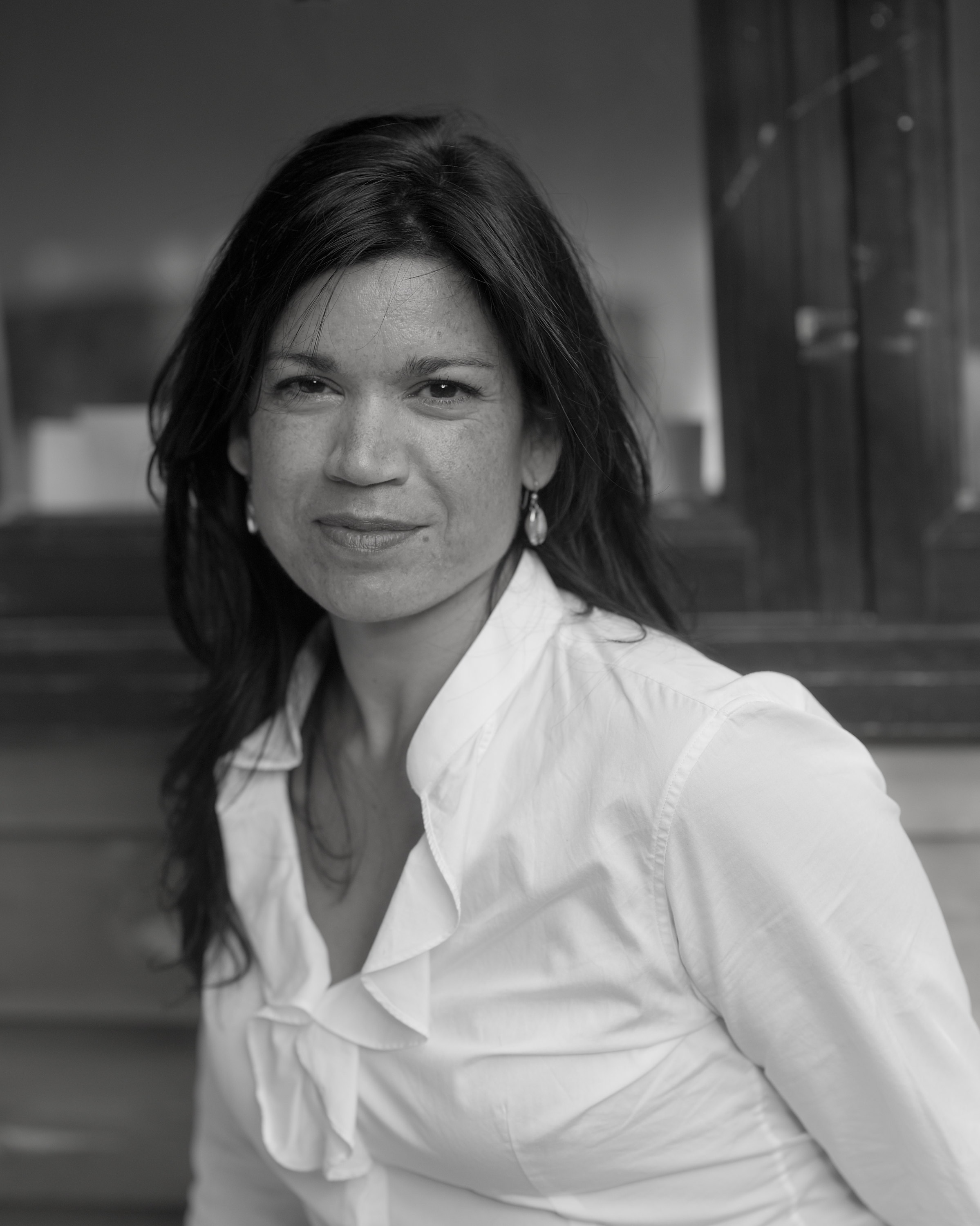
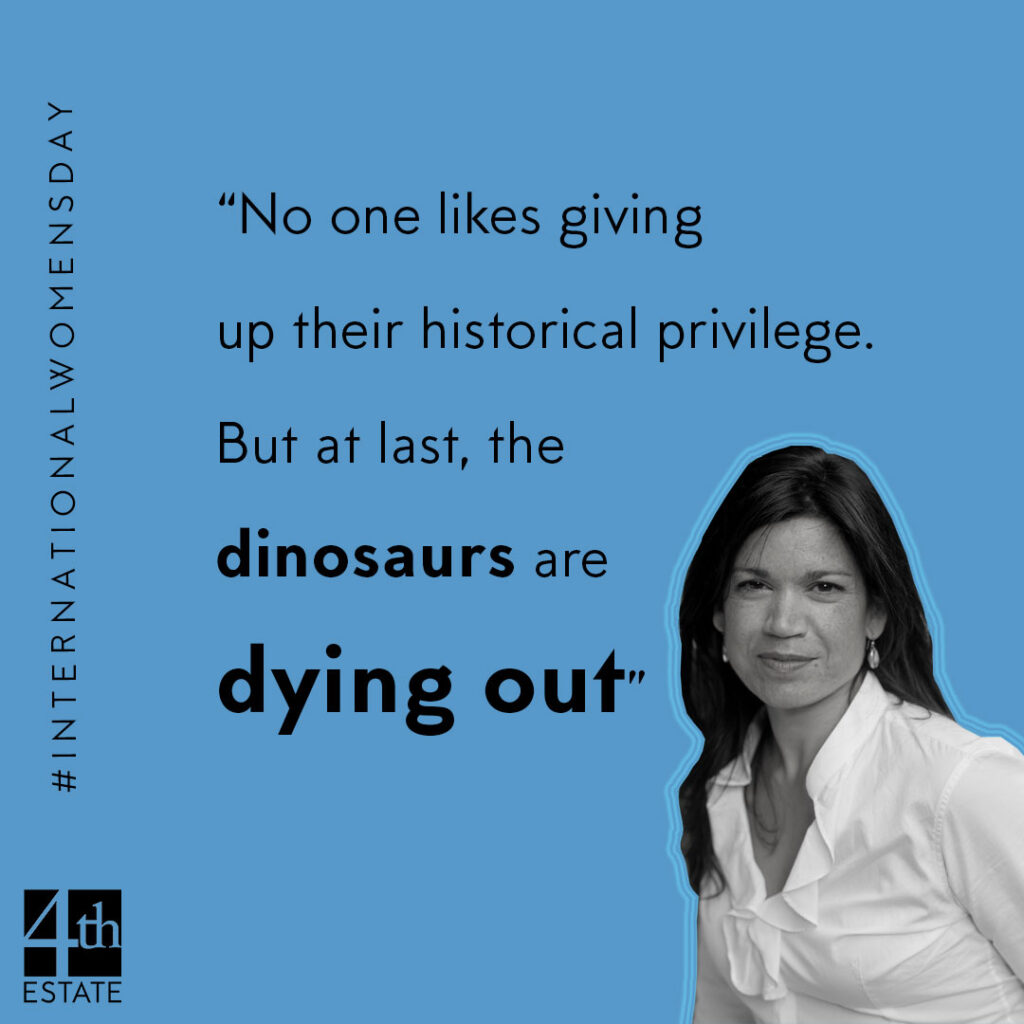


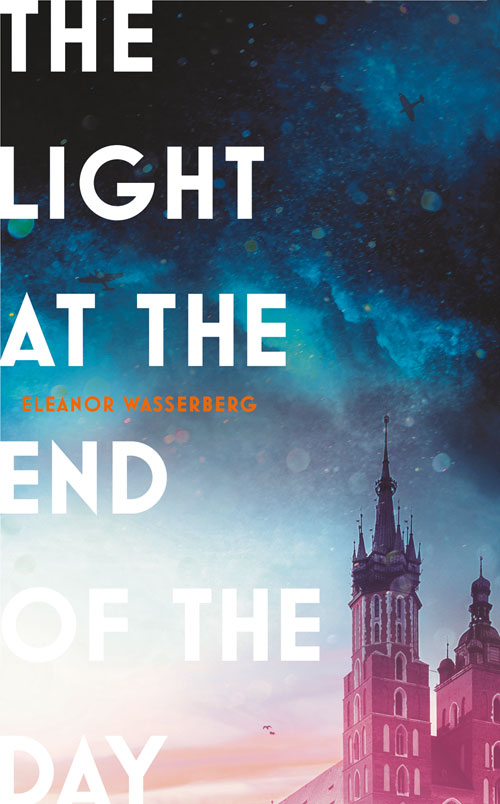
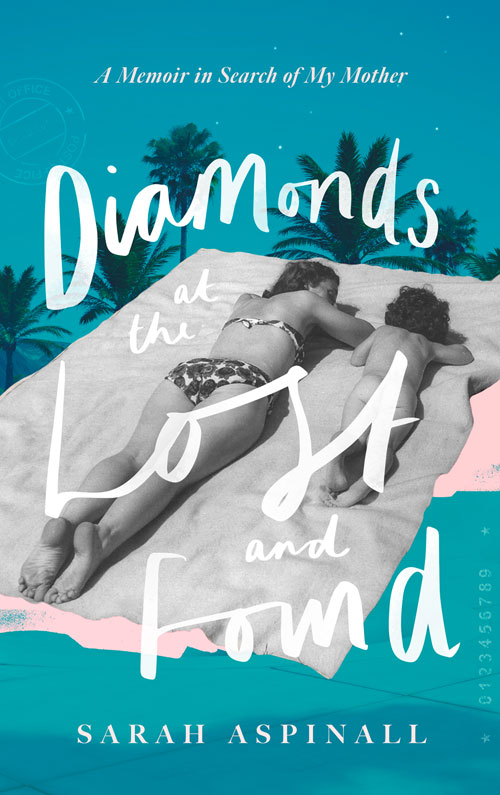
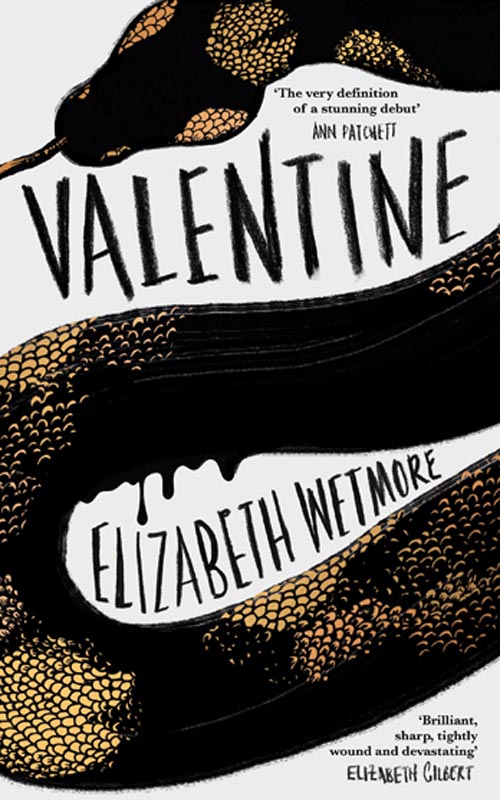
4thestatebooks